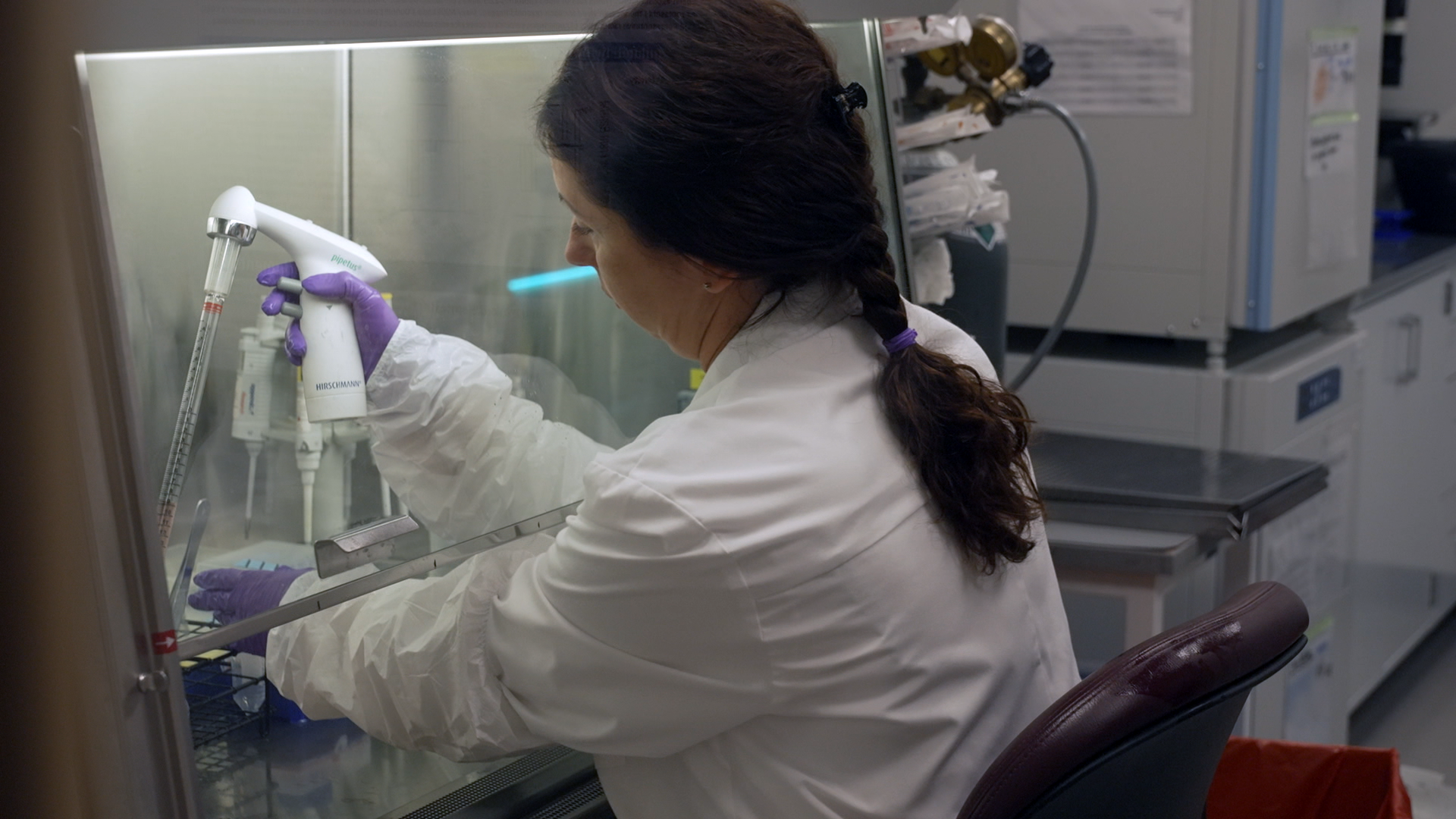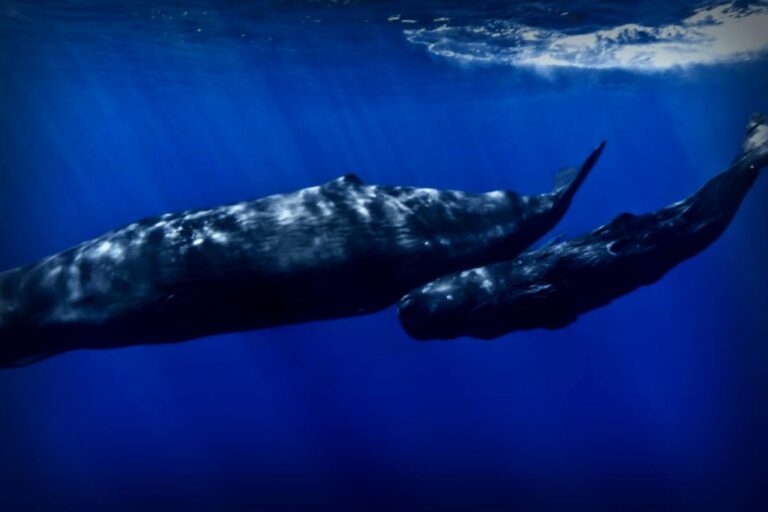This story is a collaboration between CBS News and The Post and Courier, Charleston, SC.
The Trump administration has decided to cut nearly $28 million in federal funding for animal testing. According to a joint investigation by CBS News and The Post and Courier, this move aligns with a broader trend among federal health agencies looking to ditch live animal experiments whenever possible in favor of newer alternatives.
Justin Goodman, the senior VP at White Coat Waste—a nonprofit focused on animal rights—describes it as a pivotal point. “We’re currently in a moment of significant change. The current administration is questioning established science and spending, aiming to eliminate funding for animal testing as much as possible,” he stated.

Historically, animal testing—sometimes involving distressing experiments that lead to euthanasia—has been vital in developing important vaccines for diseases like COVID-19, malaria, and polio, and also popular medications such as Tylenol and Ozempic, which are significant in the weight-loss drug market.
Steven Marks, dean of the veterinary school at Clemson University, noted, “Much of conventional medicine relies on procedures and therapeutics discovered in animal studies. But right now, we’re observing transformations in human health care approaches.”
What lies ahead remains uncertain.
Since taking office, the Trump administration has committed all major federal health agencies to replace animal research, albeit with mixed success. The Veterans Administration, for example, claims it is on track to stop all primate research aimed at addressing neurological disorders, addictions, and mental health conditions.
Meanwhile, the National Institutes of Health has stated ambitions to discontinue work involving dogs, cats, and primates, yet concerned observers have found recent examples of new test launches within the agency. Funding for ongoing projects that involve countless animals bound for testing facilities continues, causing anxiety within communities like South Carolina, where a research institution maintains a wild monkey population on secluded Morgan Island.
Congresswoman Nancy Mace, a Republican from Charleston, has emerged as a prominent voice in the animal rights movement, supported by White Coat Waste and notable advocates including billionaire Elon Musk. Mace is pushing for legislation that would eliminate federally supported animal research and rightfully challenged NIH’s ongoing expenditures related to Morgan Island.
Goodman recently remarked to CBS News and The Post and Courier while observing the monkeys that it’s “heartbreaking”. Mother monkeys and their young were playing on the beach, but sadly, hundreds are captured yearly, transporting them away from their habitats to live isolated lives inside cages where they endure harsh testing once they reach labs.
Goodman’s organization’s goal remains clear—”eliminating as much funding for animal research as feasible.” Meanwhile, patients dependent on animal-driven research are left in limbo, particularly individuals like 11-month-old Max Harbin from Folly Beach, SC, who desperately needs the medicines developed through prior animal studies linked to his spinal condition.
Before gaining FDA approval for pediatric administration in 2019, Max’s treatment underwent extensive trials involving both mice and monkeys. According to an FDA official, this therapy might shape the futures of other patients facing severe health dilemmas.
Max’s mother, a known animal welfare advocate, expressed ignorance regarding the exhaustive animal testing that led to the human approval of Zolgensma, a groundbreaking single-dose treatment developed by Novartis. “It’s peculiar to acknowledge that this was a step in the process, but it’s distinctly important, and if that hadn’t happened, my son would be in a radically different state. I am sincerely appreciative that a system exists to ensure it’s safe,” she reflected.
The FDA is now indicating a commitment to evolve how drugs are approved, mentioning ambitions towards integrating emerging technologies such as AI-driven models and lab tests conducted on human organs to accelerate the development of safer treatments at reduced costs.
Nonetheless, there’s still a significant challenge in entirely phasing out federal animal trials. Although science surrounding alternative testing methods is progressing quickly, many specialists agree that these alternatives aren’t yet adequate to entirely replace animal safety and effectiveness assessments.
“I aspire to see a complete exit from using animals in research,” remarked Paul Locke, an environmental health lawyer associated with Johns Hopkins Bloomberg School of Public Health and values his role on the board for their Center for Alternatives to Animal Testing. However, he adds, “The real question is timing—when can we achieve this without sacrificing scientific integrity and ensuring animal welfare?”

Locke’s true concerns were aired at a Congressional hearing this year—arranged at Mace’s direction concerning federal backing for alternative research, aiming to set international benchmarks in this domain.
This discussion captured more dialogue, including social media support from President Trump, amid claims from Mace that the government disproportionately funded research on transgender mice.
Parents such as Justin and Rosalyn Porcano of San Rafael, California, observed these unfolding events with apprehensiveness. Their daughter Lia, aged 7, suffers from Usher Syndrome 1B, a rare genetic issue causing her potential deafness and blindness, nearing inevitable treatment wilderness. Without substantial medical progress, her prospects appear grim.

The Porcanos collaborated with a primate researcher at the Oregon National Primate Research Center, who is currently working on a model to unlock the enigma of potential treatment. Meanwhile, while debates heighten in Washington, their progress continues.
Devoted to solving medical issues tied to Usher Syndrome 1B, the couple runs a nonprofit named Save Sight Now. They highlight their preference for alternatives to animal testing, yet prompted to emphasize the absurdity of ceasing all research movements while desperately in need of lives in the balance. “Lia’s running out of time,” Rosalyn exclaimed.
Justin echoed sentiments, saying, “To expect us to stop all animal-based testing at this juncture seems foolish. It’s an unrealistic stance.”
Reporting by Mitchell Black of Post and Courier contributed to this article.




















